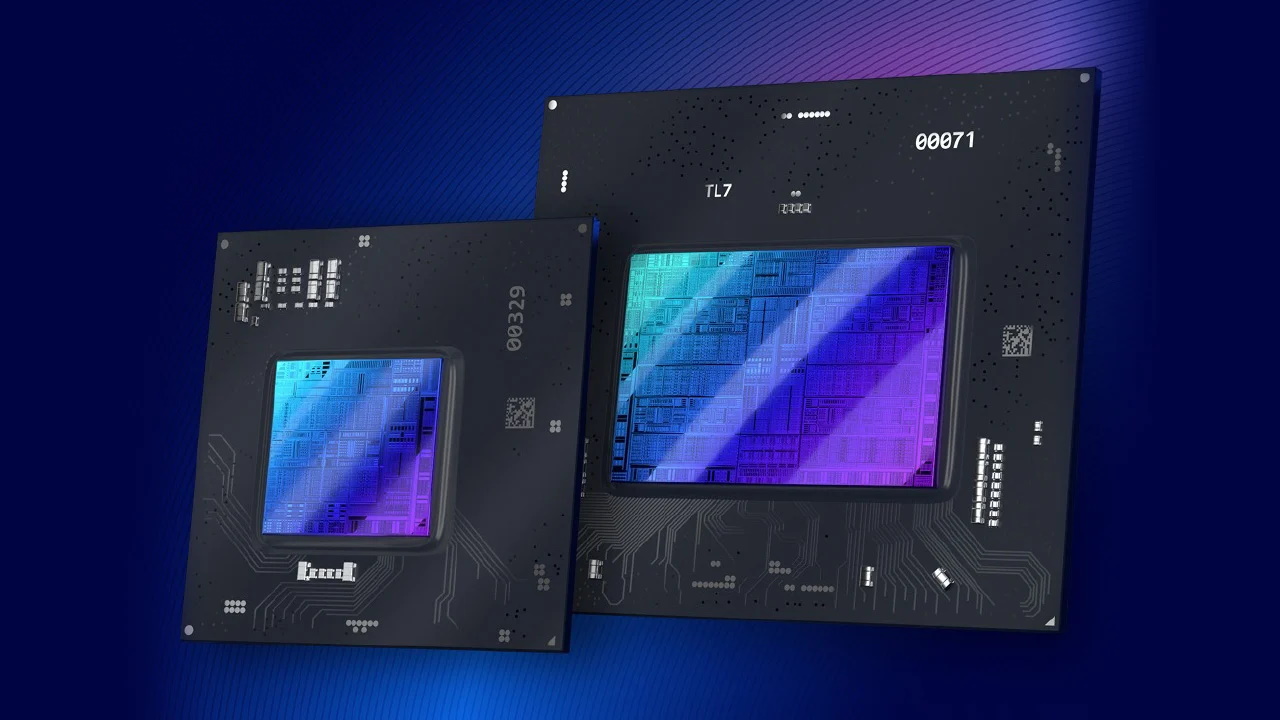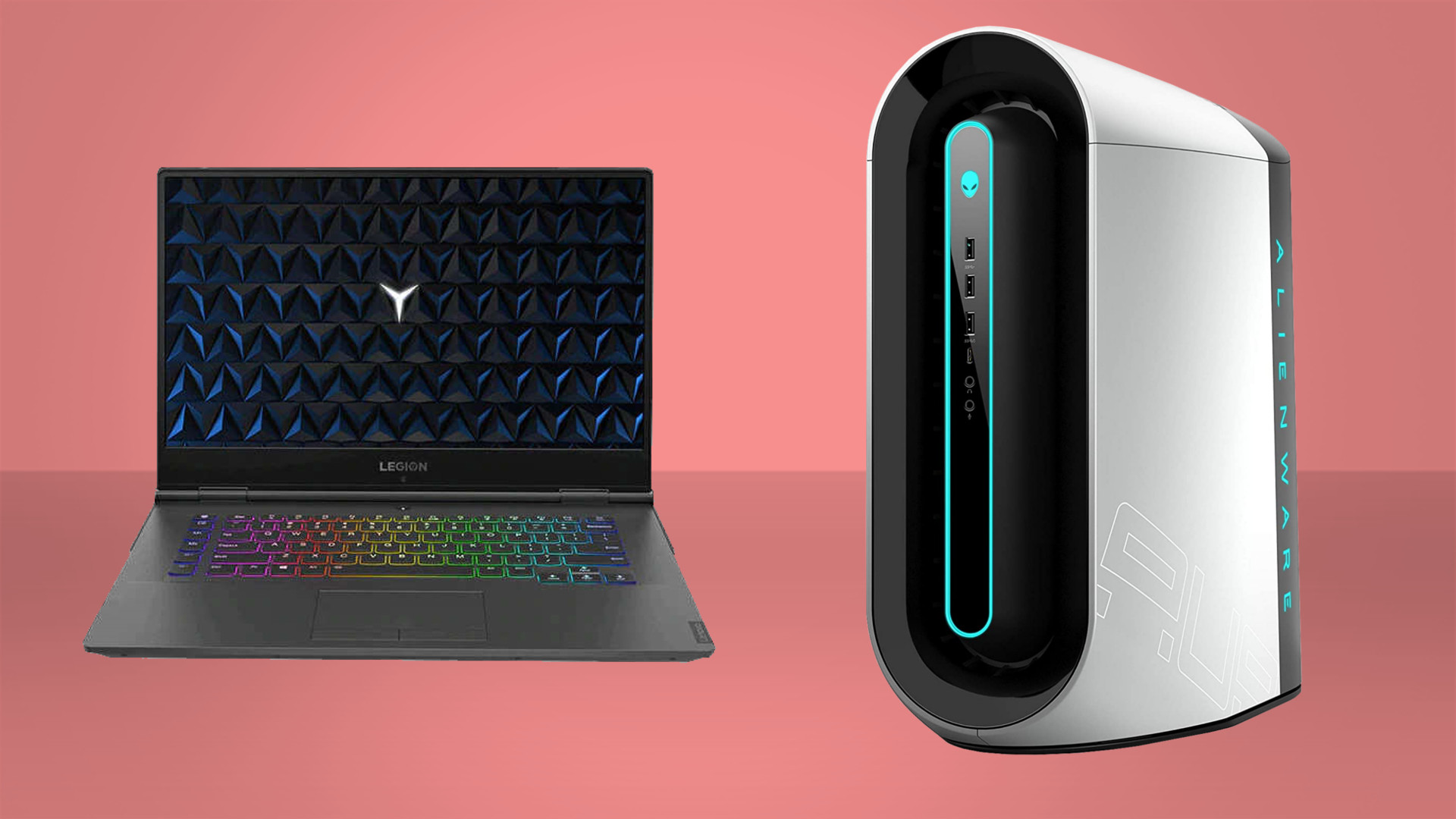First Intel Arc Alchemist benchmarks are a bit of a mixed bag
An impressive 3DMark result is undermined by unexciting in-game performance.

Intel's Arc Alchemist GPUs have been a long time coming, but they're finally starting to appear, at least the mobile GPUs are, and that means we get to pour over the first benchmarks. Obviously, we're holding our full judgement until we get the hardware in the labs ourselves, but these early indicators are a great way of seeing how things are shaking out.
So far, we've only seen numbers on the mobile A730M, which have appeared courtesy of a Weibo user called Golden Pig Upgrade (via Videocardz). The A730M isn't the top-end 32 Xe Core chip, but rather one step down from that, offering 24 Xe cores, equating to 384 execution units. It has 12GB of GDDR6 to call its own, connected over a 192-bit memory bus. This GPU looks to have been tested in an Intel Core i7 12700H laptop, although not much else is known about it beyond that.
Golden Pig Upgrade initially posted a photo of the 3DMark Time Spy results, which looked promising, with a Graphics score of 10,107. That puts the GPU roughly somewhere between Nvidia's mobile RTX 3070 and the higher-powered RTX 3070 Ti. 3DMark is just one synthetic benchmark though, and not enough to get excited about on its own.
Sure enough, shortly after releasing the 3DMark score, Golden Pug Upgrade followed up with some game results, and these were less impressive. They've posted numbers for Metro Exodus, F1 2020, and Assassin's Creed: Odyssey at 1080p and at 1440p.
Metro Exodus at 1080p using the High setting managed an average of 70fps, with minimums dropping down to less than 10fps. At 1440p you're looking at 55fps. While certainly playable, these results are considerably less impressive than that 3DMark score would suggest, and would actually put the GPU more in line with some RTX 3060s, which manage 80fps at 1080p.

Best gaming PC: The top pre-built machines from the pros
Best gaming laptop: Perfect notebooks for mobile gaming
F1 2020 managed 123fps at 1080p and 95fps at 1440p, which again is playable, but potentially more in line with an RTX 3050 Ti or RTX 3060. It's been a while since we've tested using Assassin's Creed: Odyssey, but an average of 38fps at 1080p and 32fps at 1440p does seem well off the pace, potentially indicating that Intel still has plenty of work to do with its drivers.
We're obviously eager to push this new GPU through our own test suite, and see how it compares to the field using our standard settings. It'll be also interesting to see how much work Intel does between now and these GPUs being more widely available—by the look of things more work is definitely needed. Still, Assassin's Creed aside, these numbers aren't too far off the mark, and Intel could well be competitive here, depending on the pricing of course.
Keep up to date with the most important stories and the best deals, as picked by the PC Gamer team.
As ever, these early benchmarks raise as many questions as they answer, but hopefully, it won't be long until more of these GPUs find their way into machines. Plus it shouldn't be too long before the desktop GPUs also start breaking for cover.
Alan has been writing about PC tech since before 3D graphics cards existed, and still vividly recalls having to fight with MS-DOS just to get games to load. He fondly remembers the killer combo of a Matrox Millenium and 3dfx Voodoo, and seeing Lara Croft in 3D for the first time. He's very glad hardware has advanced as much as it has though, and is particularly happy when putting the latest M.2 NVMe SSDs, AMD processors, and laptops through their paces. He has a long-lasting Magic: The Gathering obsession but limits this to MTG Arena these days.


